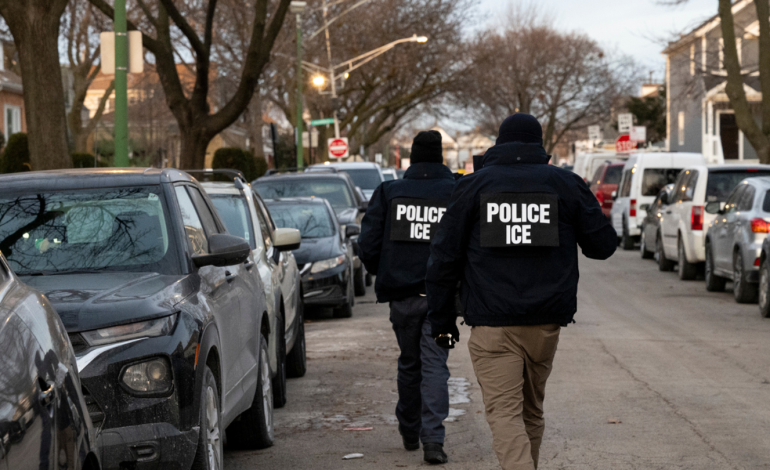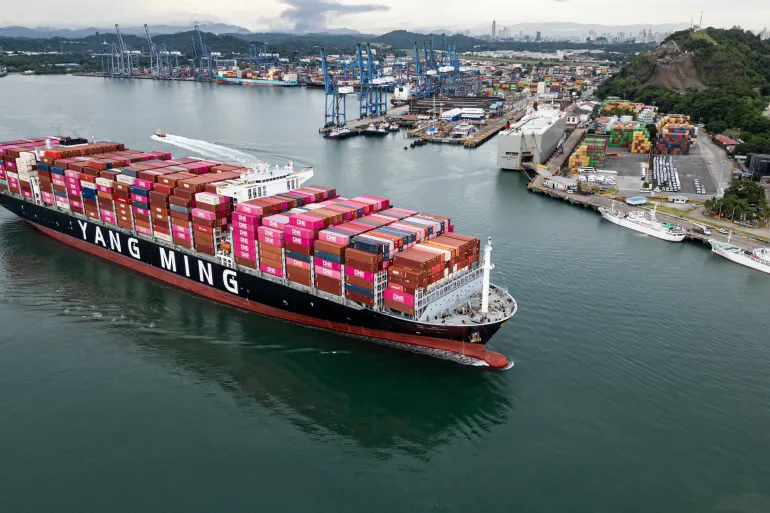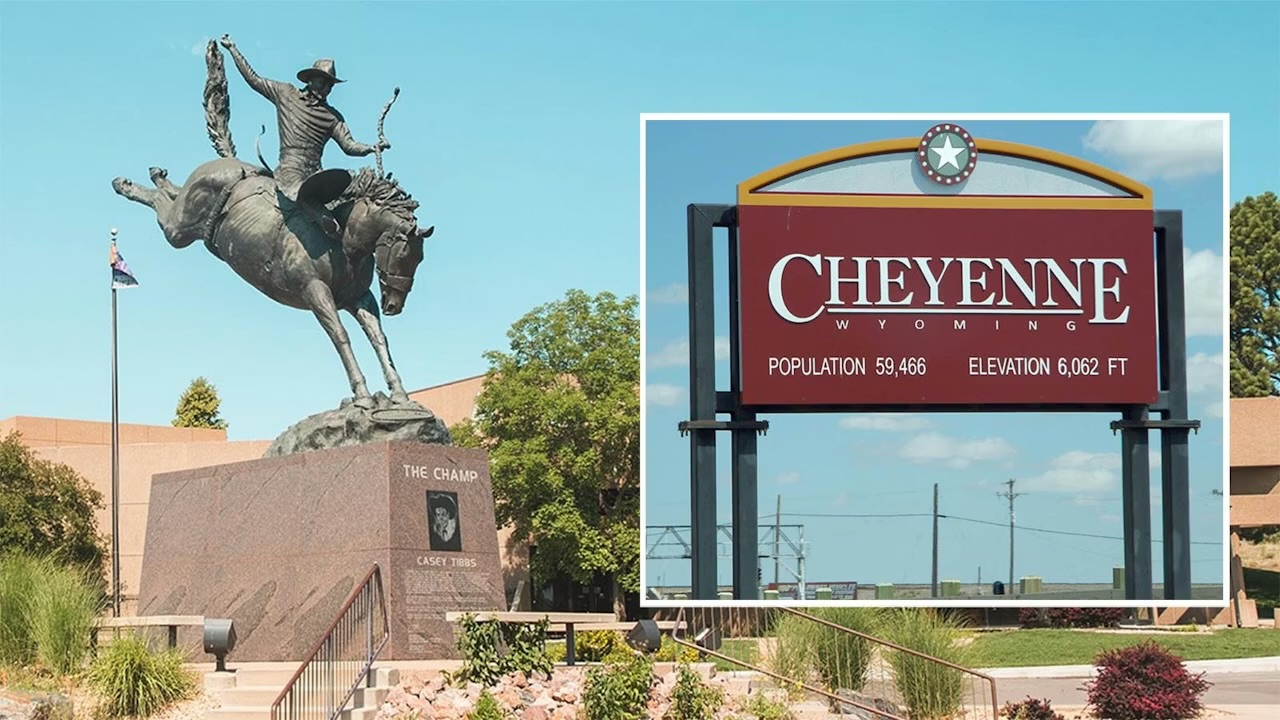Trump Administration’s Immigration Crackdown Sparks Debate Over Crime Reduction and Due Process

In the first 100 days of President Donald Trump’s current administration, US Immigration and Customs Enforcement (ICE) reported over 32,000 arrests of undocumented immigrants, including more than 1,100 suspected gang members and 39 individuals classified as known or suspected terrorists.
The operation has received praise from some security officials but raised concern among legal experts and immigrant advocates about due process and the broader implications for the US legal system.
Former FBI special agent Jonathan Gilliam stated in an interview with Fox News Digital that these actions would contribute to a decline in crime rates.
“They’re going after the most dangerous people that are out there,” he said.
Gilliam credited the administration’s approach as methodical and focused on public safety.
Among those arrested were individuals connected to violent gangs such as MS-13 and 18th Street, as well as individuals with serious criminal histories, including a convicted Colombian murderer and a Russian national wanted for manslaughter. One high-profile arrest involved a 24-year-old undocumented immigrant accused of murdering his girlfriend in Maryland.
The Trump administration has framed its enforcement actions as a necessary step to secure the border and reduce criminal activity. Figures such as border czar Tom Homan and Department of Homeland Security Secretary Kristi Noem have been cited as key players in executing these operations.
However, these efforts have also drawn criticism for their impact on legal safeguards traditionally afforded to migrants. Immigration lawyers, former judges, and advocacy groups argue that the administration is dismantling essential protections, including access to counsel and impartial hearings. Critics note a sharp increase in expedited removals, the removal of funding for legal aid to minors, and a reduction in immigration judges, all of which they say undermine the legal process.
“The question is not whether the government can remove individuals,” said Muzaffar Chishti of the Migration Policy Institute, “but whether it can do so consistent with constitutional due process.”
Legal experts warn that actions taken now to limit judicial oversight in immigration could set precedents that affect all individuals under US jurisdiction, including lawful permanent residents and even citizens.
The issue of due process came under further scrutiny following the mistaken deportation of Kilmar Abrego Garcia, a Salvadoran citizen living legally in Maryland, who was sent to a high-security prison in El Salvador. His case sparked bipartisan criticism and raised questions about the administration’s deportation procedures.
Amidst a growing backlog in immigration courts and fewer legal resources for migrants, the administration has also encouraged self-deportation, including the use of warning signs in court waiting rooms and the promotion of the CBP One app. Some immigrant families have begun making contingency plans, such as securing American passports for US-born children in anticipation of possible deportation.
While supporters of the administration cite public safety and immigration law enforcement as priorities, opponents warn of a weakening legal system.
“Without adequate checks,” said former immigration judge Ashley Tabaddor, “we risk turning immigration enforcement into a system that lacks fairness and accountability.”









The latest news in your social feeds
Subscribe to our social media platforms to stay tuned